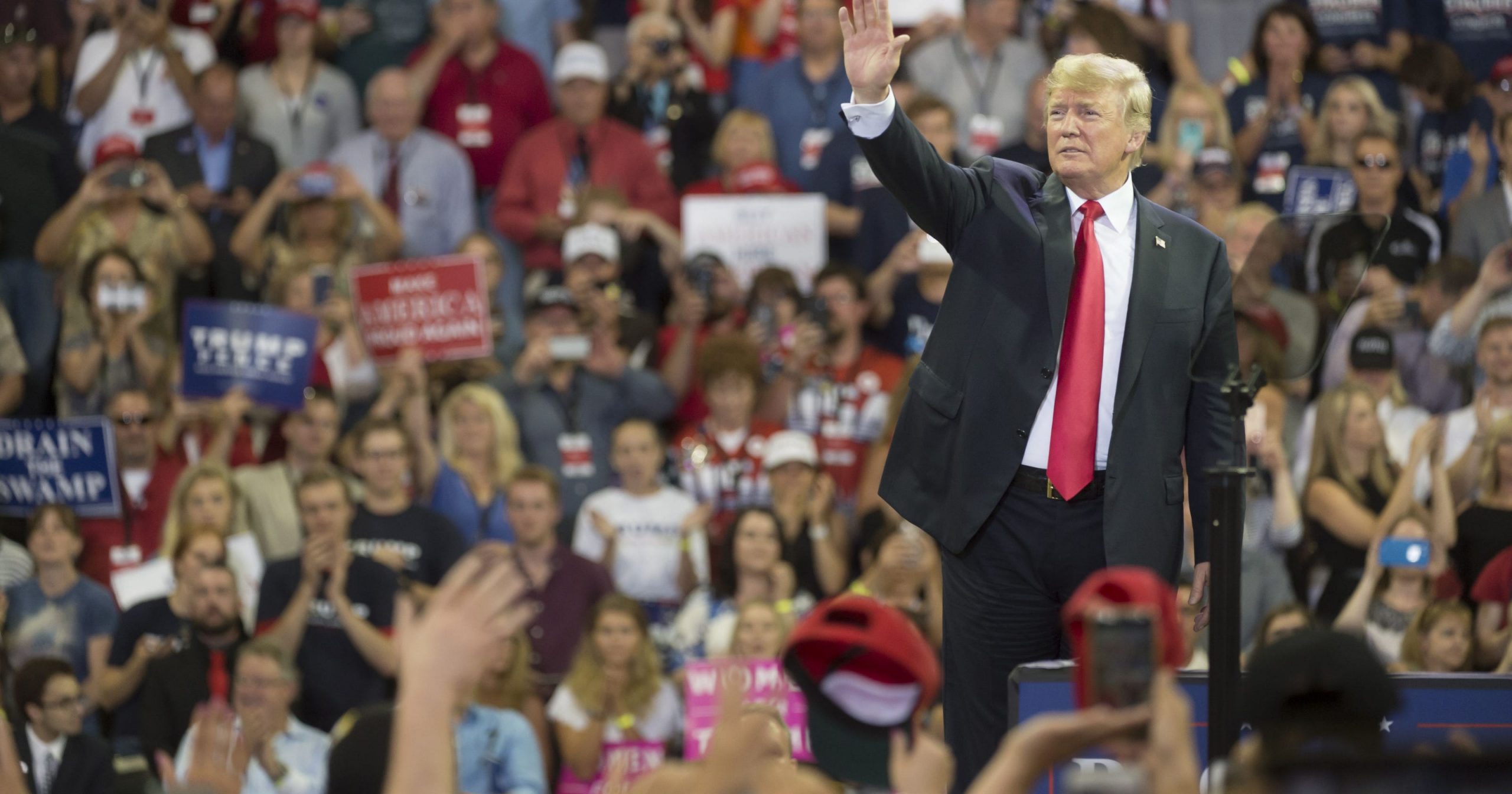“Populism” has been furrowing the brows of the great and good of the elite ever since Trump, Brexit and Bolsonaro. But what is it? If we are to believe the left-media, it’s virtually synonymous with “fascism”, “Nazism”, and every other “ism” the media are too ignorant to understand but still fling about like monkeys and their poo.
It might best be said that “populism” is nothing more than popular ideas that the elite don’t approve of.
This is the overwhelming impression one is left with after reading the final report of the Senate’s Inquiry into Nationhood, nationality, and democracy, which was released last month. The report draws on more than 200 submissions from academics, think tanks, government departments and assorted quangos and provides a fascinating, and somewhat worrisome, survey of elite opinion on just what democracy entails – which, as it turns out, apparently has little to with giving the majority what it wants.
The report finds that support for democracy remains strong, but that voters trust government less than they usually do. Despite noting that voters are royally jacked off by the rise of a professional political class – the elite – the real problem, they conclude, is populism. Not least because the most popular “populists” tend to fall outside the left media’s Overton window.
Populism is here presented as mostly a kind of right-wing identity politics – ‘a barely disguised form of xenophobia’ – that undermines democratic institutions by claiming to speak for a silent majority against a corrupt elite and thereby calling into question the procedures by which liberal democracy aggregates and trades off the different interests of society. Populism damages social cohesion, and, as one submitter puts it, ‘erode[s] a shared truth or shared reality’ relied on by liberal democratic institutions.
In other words, the uppity plebs are in grave danger of thinking for themselves instead of knuckling their foreheads and ever so ’umbly taking orders from their wise masters.
Thus absolved, the report makes a set of recommendations that are mostly about increasing the power of politicians and experts and spruiking their regime. To the first, the report recommends increasing public funding for major parties (though no submission suggested it), more parliamentary committees (to hear more expert testimony), and the establishment of a Parliamentary Science Office (to extend white coat rule beyond the pandemic).
To the second, the report emphasises the need for teaching Australians a new national story based on the ‘three great streams’ of Indigenous history, British settlement and modern multiculturalism, along with enhanced civics education that promotes active citizenship and the value of diversity. For good measure, there ought to be a ‘national strategy for fake news and misinformation’ and pressure, of some sort, placed on the United State government to censor its citizens on the internet. This is to be monitored by a new ‘democratic audit’ to mark, by some standard or other, Australian democracy against comparable countries.
All in all, then, there is little wrong with Australia that more scientific administration and controlled communication would not fix.
So, shut up, you common scum. Do what the elite tell you: watch only the ABC, eat your greens and don’t you dare start talking about your rights.
But this prescription reveals the basic flaw in the report’s understanding of populism: it is not primarily about elites or institutions, but results.
In Australia, the results of our politics have been poor for a long time. Last month, we at the Institute of Public Affairs released research that shows that on 23 of 25 measures from right across Australian society, the quality of the Australian way of life has declined since 2000. Everything from housing affordability to business formation to the marriage rate is getting worse. The building blocks of the good life are crumbling.
At least we’ve still got our 57 genders and Welcome to Country ceremonies at the opening of a paper bag.
Meanwhile, the Wuhan pandemic has exposed more brutally than ever the fundamental stupidity of the “expert” elite.
Few of this class have experienced the bad effects of their own policies. The Senate report mentions economic inequality as a potential cause of dissatisfaction with politics, but the important divide is that between the ruling class of publicly funded politicians and experts, big corporations and university academics and administrators who are thriving, and mainstream Australians who pay for them and for everything else.
In short, people understand that politics is a grubby expedient, but it is only the expedience that excuses the grubbiness.
Spectator Australia
The left love to bang on about the “social contract”: but they’ve torn up the contract, wiped their arses on the pieces and handed the remnants to we common shmucks and told us to be grateful for what we get.
Then they wonder why so many people flock to listen to a crass billionaire who actually showed deplorable signs of giving a damn about what the ordinary voters wanted.
Please share this article so that others can discover The BFD

